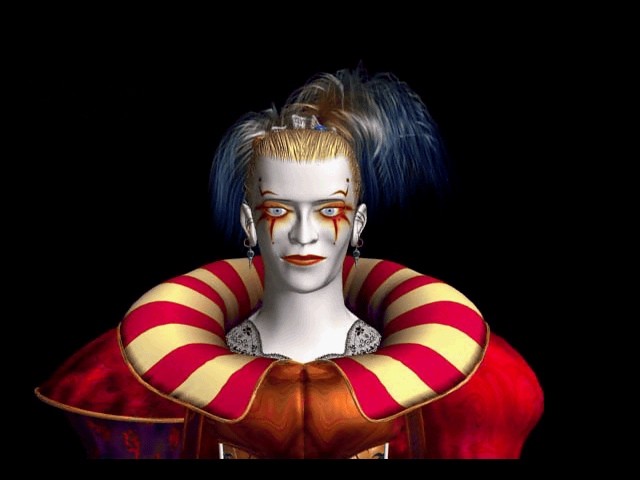I was recently thinking about what was lacking in Arkham City, and why I couldn't shake this feeling that I'm missing something. Something about the story in Arkham Asylum immediately sucked you in. The peril seemed much more dire at the same point I'm at in City. In Arkham Asylum, we know the score. Joker has taken control of the island, and now has some control over the villains within. in Arkham City, Batman was injected with a life threatening virus by the Joker, so he'd be forced to find a cure for the both of them.
The second situation seems more dire, does it not? For some reason though, it doesn't seem like it. The only time that the disease seemed like an issue was for a short, few seconds after I chased down this assassin in the underground of Gotham. Vision got blurry, Batman falls down, and coughs up some blood. That's the first time we see how serious this illness can be, but you wouldn't know it by the two hours I spent between getting injected with the virus, and getting to Mister Freeze, who was working on the cure before being kidnapped. In Arkham Asylum, going from story point to story point felt like progress was being made. Joker would taunt you at every turn, but it Arkham City, the open world actually takes away from story.
While yes, it is fun, and yes, getting around the city via hookshot/gliding, and the characters are very interesting (the villains, natch), but the situation doesn't feel as important. there is this overlooming "Protocol 10" thing that Dr. Strange keeps yammering on about, but that's been vague. Maybe that's the way they're trying to get the tension up, with an unknown event lurking on the horizon. But it just isn't working all that well. Some games can do intrigue well, but it missed the mark here.
Let me contrast this with Final Fantasy VII. I'm not huge on the game as some people are, good game, just not 'best ever' category. What it DID do well though was letting you know EXACTLY what the stakes are. Disk one, Sephiroth is the clear cut villain, starting as a SOLDIER gone manic. He commits a massacre in the ShinRa building, which is one of your first indicators that he's snapped. As the game progresses, he gets more and more genocidal. By the start of disk three, he's turning himself into a god among men, and plans on slamming a Meteor into the planet in order to siphon all the planet's energy into himself to make himself a globetrotting vehicle for Armageddon
Pictured: Sephiroth if he decided to play basketball.
Pointing to another example from the same series, Kefka in Final Fantasy VI. Here's how grave the situation is. He succeeds at destroying the world and becoming a god.
Not as a game over, not as a bad ending.
He succeeds.
Final Fantasy: now with 100% more Killer Clowns.
This breaks so many tropes it's not even funny. How many times do you see that the villain has succeeded in his huge, grand plans? It really leads to some great storytelling in the second half. You don't HAVE to go out and find everyone, but it's recommended.
In Psychonauts, someone is stealing campers' brain. In Red Dead Redemption, your old gang member betrayed you and left you for dead. Alpha Protocol has you interacting with the 'final villain' throughout the course of the game. You see Halbech all the time, as he tries to profit off a full scale war.
I'm fine with games going for an intriguing storyline, I really am. They just need to have enough of a pull or mystery to get you invested. Being vague, or too avant-garde can just leave me feeling that something is coming out of thin air.
For a quick example of how I feel this worked out well, I'll point you to BioShock. Wonderfully done game, with an ending that was a bit off, considering the rest of the quality in the game.


